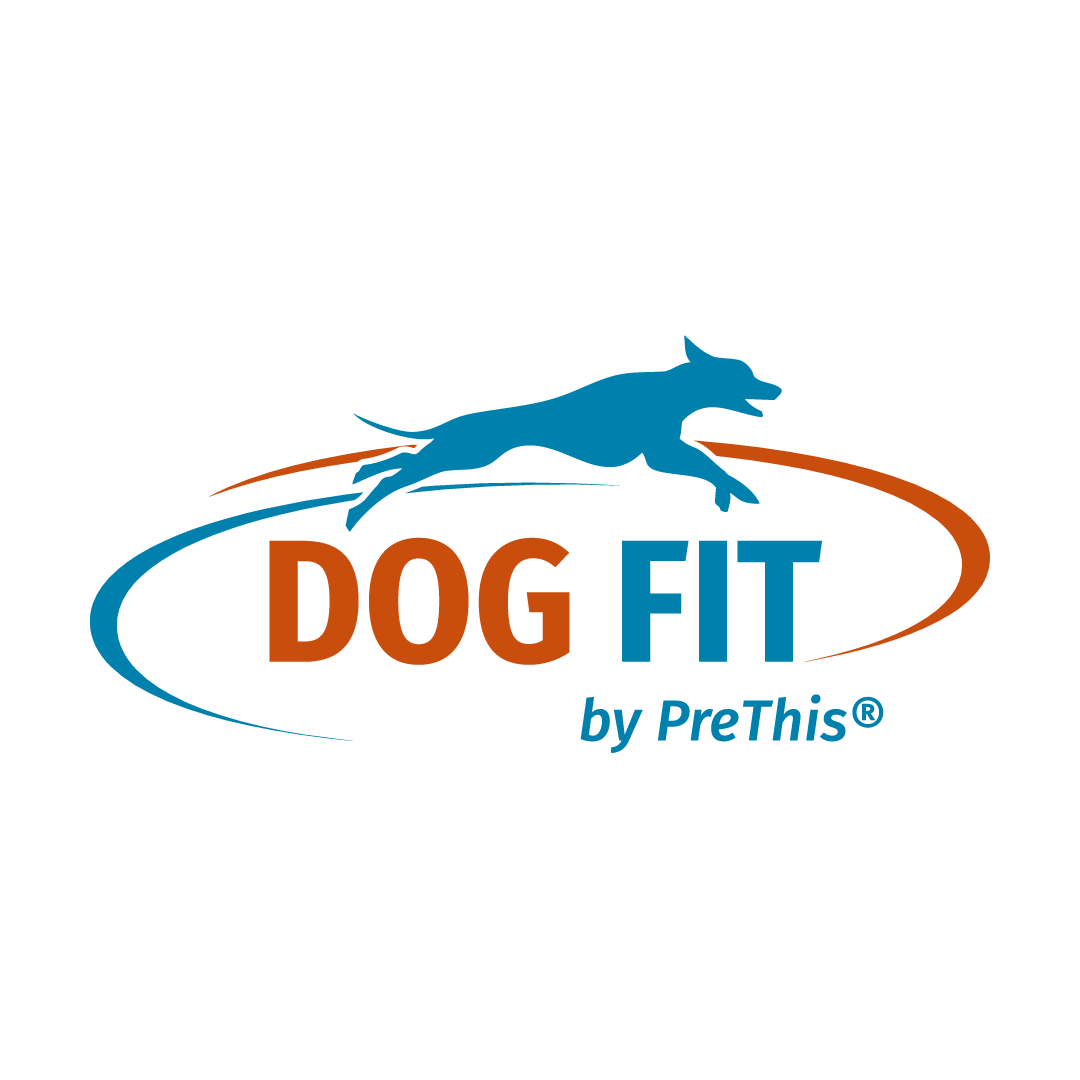
At a time when health awareness for humans and animals is paramount, many dog owners are turning to vitamin supplements – often in the hope of improving their dogs’ well-being with high-dose products. But be careful: High-dose vitamins are not only mostly unnecessary, but can even be harmful under certain circumstances. This article highlights the most important facts and risks surrounding vitamin supplementation for dogs.
Water- and Fat-Soluble Vitamins: What’s Important to Know?
Vitamins are divided into two main groups: water-soluble and fat-soluble vitamins. The water-soluble vitamins include, in particular, the B complex (B1, B2, B3, B5, B6, B7, B9, B12) and vitamin C. They can hardly be stored in the body, and excess amounts are normally excreted in the urine. While this reduces the risk of overdose, a permanently increased intake can still be stressful for the kidneys and is not advisable.
The B vitamins in particular are important for numerous processes in the dog’s organism. However, they only achieve their optimal effect when they are administered in the correct proportions and in doses appropriate to the dog’s needs. “More is better” is the wrong approach here. High-dose supplements can disrupt the synergy of the B vitamins and lead to imbalances. Unfortunately, the topic is often presented differently in advertising and by providers – a trend that does not necessarily serve the dog’s health.
Risks of an Overdose of Vitamins B6 and B12
A long-term excess of vitamin B6 can lead to neurological problems in dogs, including coordination problems, muscle tremors, or even nerve damage. Too much vitamin B12, in turn, can impair the absorption of other nutrients such as iron and, with long-term intake, lead to deficiency symptoms. The need for B vitamins varies from individual to individual and should not be met with high doses across the board.
Fat-soluble vitamins: A, D, E, and K
Fat-soluble vitamins (A, D, E, and K) can be stored in the body, which increases the risk of overdose. Vitamins A and D, in particular, should only be administered in precisely measured amounts, as excessive intake can lead to health problems such as bone damage, organ complications, or calcium imbalances.
The misconception of “healthy high doses”
The idea that a high dose of vitamins can do something particularly good for a dog persists. In fact, requirements vary depending on age, weight, activity level, and state of health. Uncontrolled supplementation can disrupt the balance of vitamins and, in the worst case, cause more harm than good. Particularly problematic: An oversupply of individual vitamins can block the absorption and utilization of other nutrients.
B vitamins: No “more is better” logic
B vitamins, in particular, are often advertised as “high doses.” However, the following also applies here: While increased requirements may arise in certain life situations (e.g., increased stress, growth, or after illness), blanket high dosages are not justified. A needs-based, balanced intake is the right approach.
The Role of Information and Personal Responsibility
It is advisable to obtain thorough information before administering vitamins and, if in doubt, seek expert advice. Advertising should be critically examined. This is the only way to avoid financial interests or trends becoming more important than your dog’s well-being.
Needs-Based Supplements at DOG FIT by PreThis®
At DOG FIT by PreThis®, we rely on a needs-based approach to supplements for dogs. Our products are carefully formulated and take into account average daily feeding values, the dog’s age, weight class, and individual needs. We work on the basis of current scientific findings and veterinary experience to avoid over- or under-dosing. Our goal is to provide dogs with optimal support – not with a one-size-fits-all approach, but with expertise, responsibility, and care.
Every product and every dosage recommendation is designed to respect the dog’s physiological needs and support their daily routine. Instead of relying on eye-catching high dosages, we value balanced recipes and transparent communication. If you have any questions or concerns, we are available to advise you.

The content of the articles is for general information purposes only and does not replace diagnosis or treatment by a veterinarian. Reviews or testimonials are individual reports from verified customers. This information does not constitute medical advice and should not be understood as such.
Our daily inspiration comes from the special moments with our dogs. Here we share this enthusiasm and invite you to become part of the DOG FIT community on our social media channels.


Leave a Reply